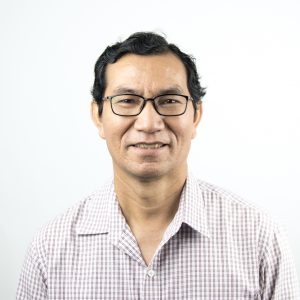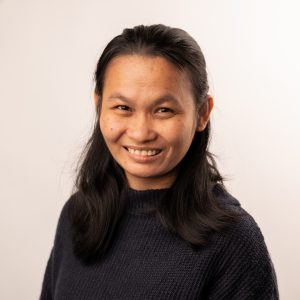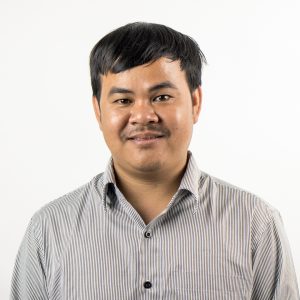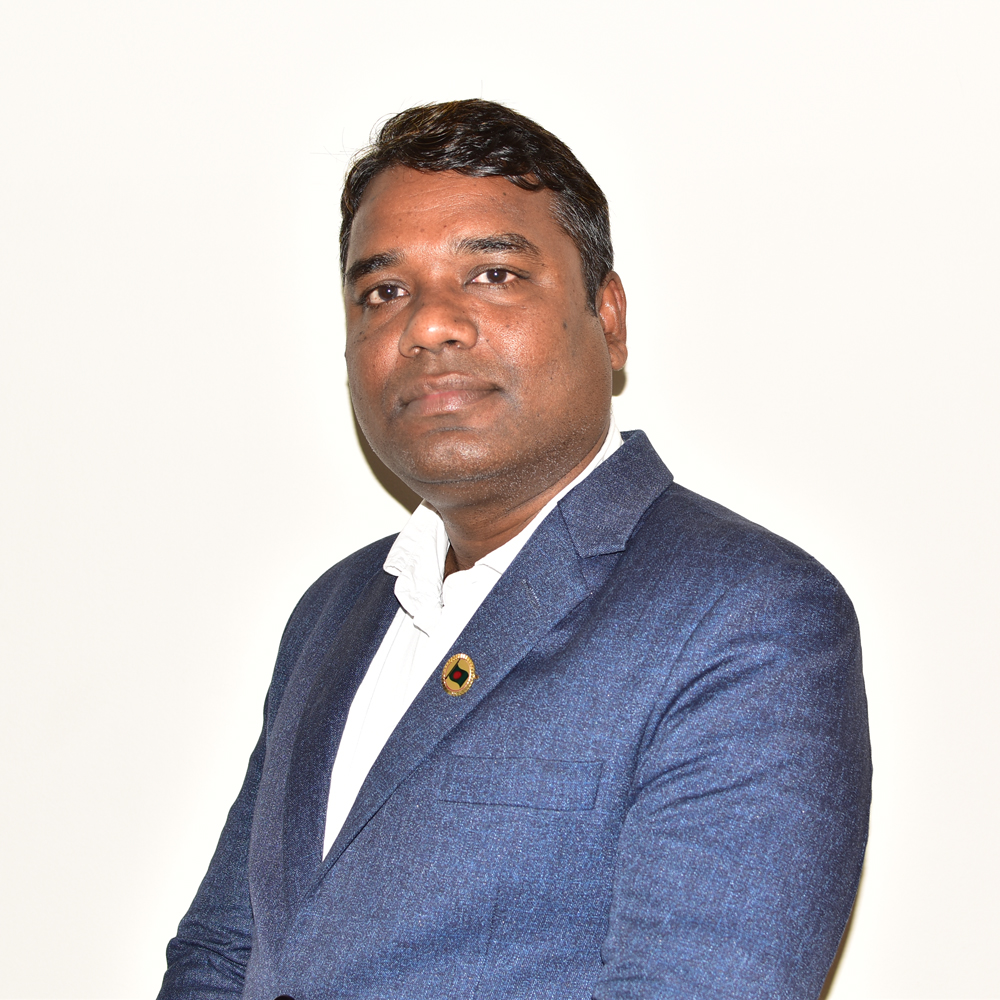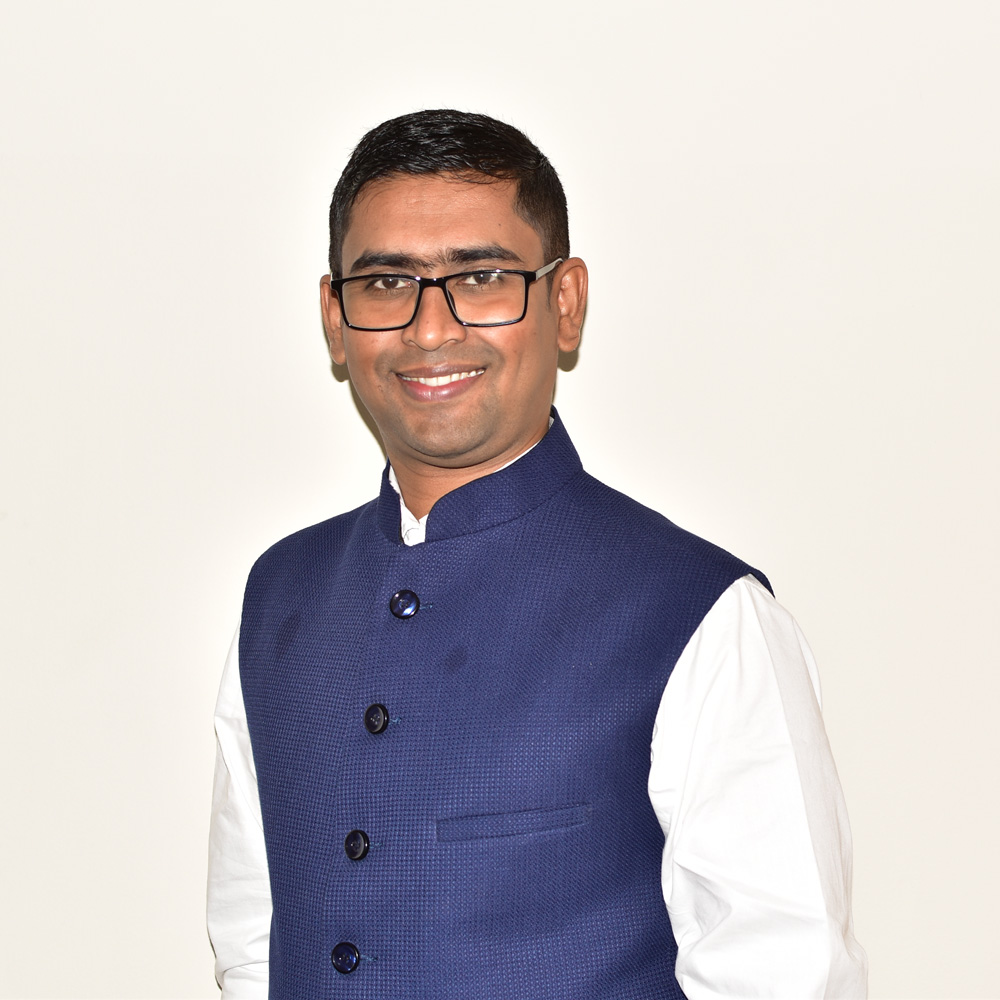Asia
ERIKS Development PartnerERIKS work in the region
In Asia, ERIKS is working in five countries: Cambodia, Laos, Myanmar, Bangladesh, and India. We work in partnership with local organisations using an integrated approach, strengthening children’s rights to education and leisure, health, and protection. Climate change is visible in the region with for example recurrent floods and cyclones devastating large areas. Therefore, our interventions include disaster risk reduction and resilience strategies. We also respond to humanitarian crises when they touch countries in the region.
Our operations are managed by our regional office in Phnom Penh, Cambodia and with staff also located in Bangladesh.
In Bangladesh, our primary goals include to ensure children’s rights to education and leisure, health care and proper nutrition as well as their safety and protection. Since the country is prone to natural disasters, disaster risk reduction and environmental conservation activities are also important components.
Bangladesh is one of the world’s most densely populated countries, with its people crammed into a delta of rivers that empties into the Bay of Bengal. In addition, since 2017 the country hosts the world’s largest refugee camp. Over the last years, Bangladesh has made significant progress in social development indicators such as female secondary schooling, infant mortality, and child immunization. However, many challenges remain where many children still lack access to health care and education and where child marriages and child labour are still major concerns.
ERIKS is collaborating with two partner organisations operating in the coastal and remote char areas including Gaibandha, Kurigram, Cox’s Bazar, Bagerhat and Patuakhali. ERIKS and our partners are working in close collaboration with district and local authorities to enhance the fulfilment of children’s rights to education, health, and protection. Through our joint efforts we see that the authorities as well as parents and communities take greater responsibility to ensure children’s rights. Children are also learning about their rights and are motivated to raise their voices to claim their rights. Further, children in the targeted areas are succeeding to higher education which was not possible in the past for children living in remote char areas. There is also a particular focus on girls attending school, leading to reduction in forced child marriages. In the Rohingya refugee camp, ERIKS support health initiatives with special focus on nutrition.
In Cambodia, ERIKS focus concerns children’s rights to education and leisure as well as protection with a particular focus on trafficking, awareness raising, referral and rehabilitation of children subjected to rights violations or abuse, as well as children’s right to live in a safe family. Resilience and disaster risk reduction are important components due to recurrent natural disasters, in particular floods.
Child protection and education issues have been taken into account by the government where legal frameworks and policies have been development and approved during recent years. Among others, this includes minimum standards of residential care and bailiff systems for victims and the victims’ families in child abuse cases. However, the resources earmarked by the government for child rights is very limited. There is also a lack of implementation of developed policies.
In Cambodia, we are working in collaboration with six partner organisations where interventions are implemented throughout the country. The work focuses on strengthening different actors to implement policies, and equip authorities and parents to care, prevent and support children at risk and those who’s rights has been violated. Through the interventions, children have been equipped and empowered to know their rights and are able to raise their concerns to those responsible.
In India, ERIKS is focused on the most marginalized and vulnerable children. The rights of children to health, protection, and education and leisure are primary focus areas as well as improved resilience of vulnerable communities and combatting exploitation and child rights abuses.
India is a country that has experienced a vast economic development over the last decade and where most children are now enrolled in school. However, this progress and development is unevenly distributed throughout the country. In some communities, poverty has risen with for example a high level of malnourishment. In addition, even though the country has increased the number of children enrolled in school, the rate of children dropping out of school remains high in certain areas caused by, among others, early pregnancies, child marriages and child labour.
ERIKS is currently working in collaboration with six partner organisations implementing interventions throughout the country. With joint efforts we work to ensure the fulfilment of children’s rights to education, health, and protection. In several of the supported interventions, children are attending child parliaments where they regularly meet to learn about their rights and are given opportunities to advocate for their rights in various community engagement activities. Support is also provided to children who have been abused or neglected as well as the formation of child protection committees, where early detection of cases and referral has improved the safety of children within the communities. As a country prone to natural disasters, food security and disaster risk reduction and response are integrated components throughout the interventions where clear improvements have been seen during recent years.
In Laos, ERIKS is working among the ethnic minority communities with a focus on children’s rights to education and leisure, health, and protection. The strategy of the work is a holistic community development approach where the families and larger communities are able to provide for their children.
Laos is a country phased with many challenges and the progress has been slow during recent years with insufficient commitments from the authorities also fueling drug addiction levels in the country. As a result, many men in the families have been addicted to opium which has led to a heavy workload for women and children, both in the households but also in the fields. Rising school dropout rates upon transitioning to secondary education, driven by limited job prospects, have also led to increased child marriages and the risk of forced marriages in China.
ERIKS is currently collaborating with one partner organisation in the country focusing on the remote communities in the Mai District in Phongsaly province in the northern parts of the country. The work focuses on enhancing the capabilities of key stakeholders, including local authorities, teachers, community leaders, parents, and children, especially in child protection and participation. As a result of the support provided the quality of life has improved by establishing sustainable livelihoods and as such achieved better health and nutrition status, improved management of natural resources, and higher levels of education has been reached. Pre-schools teachers in several villages have been trained and got approval by the government to use the local language in parallel with Lao language and local traditional art. That has increased learning capacity among the children and acceptance from the parents.
ERIKS’ efforts in Myanmar are focused on children’s rights to education and leisure, health, and protection. Since armed conflict is still ongoing, humanitarian assistance with child rights focus is also being implemented, particularly in Kachin state, in the north of Myanmar.
Myanmar, a conflict-torn country, face many challenges to ensure a peaceful, stable, and safe environment for its citizens. The armed conflict setting and ambivalent state between the central government and independent organisations, has prolonged the peace agreement, that have a huge negative impact on fulfilling children’s rights. Overall, there is a limited understanding of child rights issues among government officials, parents, and communities as well as lack of resources in education and social services. The country is also affected by recurrent flooding which negatively affect the possibilities for communities to cope in these challenging circumstances.
Currently, ERIKS is working in collaboration with three partner organisations mainly focusing on the states of Yangon, Kachin and Rakhine. ERIKS is partnering with organisations who are locally based and can work alongside communities in the targeted states in an effective way. As a result of the supported interventions, parents’ attitude to their children have changed and they have stopped using physical and verbal punishment. Children feel safe to go to schools and other places in the villages, which was not the case in the past, where various child protection mechanisms have been developed and applied with participation from children.
REPORTS
 |
IMPACT OF COVID-19 ON PRIVATELY RUN RESIDENTIAL CARE INSTITUTIONS |
Regional Office in Phnom Penh, Cambodia
ERIKS Regional Office
